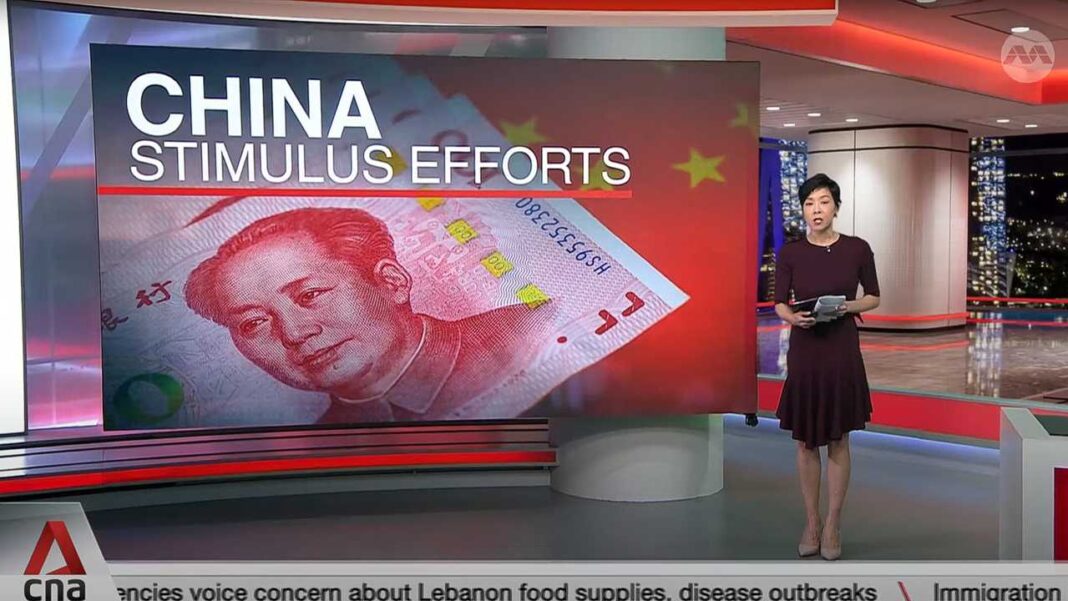The former president and Bloomberg News’ editor-in-chief engaged in a spirited hourlong exchange, covering topics ranging from immigration to foreign relations.
CHICAGO—Former President Donald Trump says experts were “wrong about everything” when they predicted his policies could cause negative economic effects.
Trump made that remark Oct. 15 to Bloomberg News’ editor-in-chief, John Micklethwait, during a meeting of the Economic Club of Chicago.
About 600 people were in the audience during the hourlong interview in the Imperial Ballroom of the Fairmont Chicago Millennium Park hotel.
Vice President Kamala Harris, Trump’s opponent in the Nov. 5 election, declined Bloomberg’s invitation to do a similar interview, Micklethwait said, adding he hoped she will reconsider. The Epoch Times received no reply to a request for comment from the Harris campaign.
Here are five takeaways from Trump’s interview, which occurred as recent opinion polls show an upward trend for him in the presidential race.
Why Trump Likes Tariffs
Trump said, while driving through Chicago, he saw “steel mills and factories that are empty and falling down. Some have been converted to senior citizens homes. But that’s not going to do the trick.”
He promised that if he wins reelection, he would implement business-friendly policies such as reduced corporate taxes and increased tariffs. Such measures would “bring the companies back,” he said.
Micklethwait repeatedly challenged the former president about the possible negative effects of tariffs.
“Critics say your tariffs will end up being like a national sales tax … and push up the cost,” for consumers, Micklethwait said.
Trump replied: “All you have to do is build your plant in the United States, and you don’t have any tariffs.”
Kent Gray, a member of the Illinois Trump delegation, told The Epoch Times that Trump “did a good job explaining to Bloomberg News and the wider audience here that there are two ways to use tariffs.”
Bringing in money is the obvious, more traditional purpose of tariffs. But tariffs also can be used to push companies to manufacture goods inside the United States rather than in foreign countries.
By Janice Hisle








